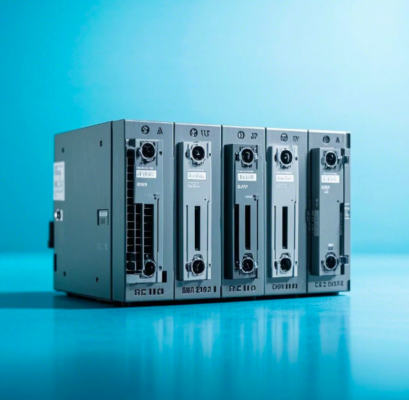Table of Contents
ToggleAn auxiliary power supply is a vital component in many industrial, commercial, and residential systems, providing backup and stable power when the primary power source fails. This secondary power supply ensures that essential devices and systems continue functioning without interruption. In this article, we’ll explore what an auxiliary power supply is, how it works, its advantages, and its common applications.

What is Auxiliary Power Supply?
An auxiliary power supply is designed to support electrical equipment with additional power, typically when the main power source is unavailable or unreliable. These systems are often used as backups to ensure continuous operation in critical applications. They can either supply power during a blackout or enhance the stability of the primary power system. Auxiliary power supplies are often found in power distribution systems, communication systems, and safety equipment.
How Does Auxiliary Power Supply Work?
The working principle of an auxiliary power supply is simple yet effective. It is typically connected to a battery, a generator, or an alternative power source. When the main power supply experiences disruptions or is completely shut off, the auxiliary power system automatically kicks in to provide the necessary energy. It is often designed to work seamlessly with the existing infrastructure, ensuring that devices do not experience downtime.
Most auxiliary power systems use automatic transfer switches (ATS), which quickly detect power loss and switch to the backup supply without manual intervention. This feature makes auxiliary power supplies reliable and efficient in providing uninterrupted power during emergencies.
Benefits of Auxiliary Power Supply
Reliability: The main advantage of an auxiliary power supply is its reliability. In sectors where constant power is critical, such as healthcare, telecommunications, and manufacturing, an auxiliary power supply prevents downtime, ensuring equipment continues to operate smoothly.
Energy Efficiency: Auxiliary power supplies are designed to be energy-efficient, helping to minimize power waste. They can also operate with renewable energy sources like solar power, making them environmentally friendly.
Cost-Effectiveness: While the upfront cost of an auxiliary power supply system might be significant, its long-term benefits outweigh the initial investment. Reduced downtime and lower repair costs contribute to overall savings.
Safety and Protection: In many industries, an auxiliary power supply ensures safety by maintaining operations during power failures. It is crucial for alarm systems, lighting, and ventilation, all of which rely on uninterrupted power for safety compliance.
Common Applications of Auxiliary Power Supply
Telecommunications: In the telecommunications industry, an auxiliary power supply is critical for maintaining communication networks during outages. Emergency backup power keeps servers, communication equipment, and base stations running smoothly.
Healthcare: Hospitals and healthcare facilities depend on auxiliary power supplies to support life-saving equipment like ventilators, patient monitoring systems, and emergency lighting during power interruptions.
Industrial Systems: Factories and industrial sites use auxiliary power supplies to ensure that production lines and safety systems remain operational, even when the main power supply fails.
Data Centers: Data centers use auxiliary power supplies to protect sensitive information and hardware from power outages. Backup systems are essential for ensuring that data remains secure and operational.
Renewable Energy Systems: Auxiliary power supplies can also be integrated into renewable energy setups, such as solar or wind power systems. They ensure continuous energy availability by storing excess power for later use.
Conclusion
An auxiliary power supply is an indispensable component for many industries, providing stability and reliability in case of power interruptions. Whether it’s maintaining operations in a hospital or ensuring communication in telecommunications, the advantages of having a backup power system are clear. By understanding how these systems work and where they are applied, businesses and individuals can make informed decisions about their energy needs.
0

